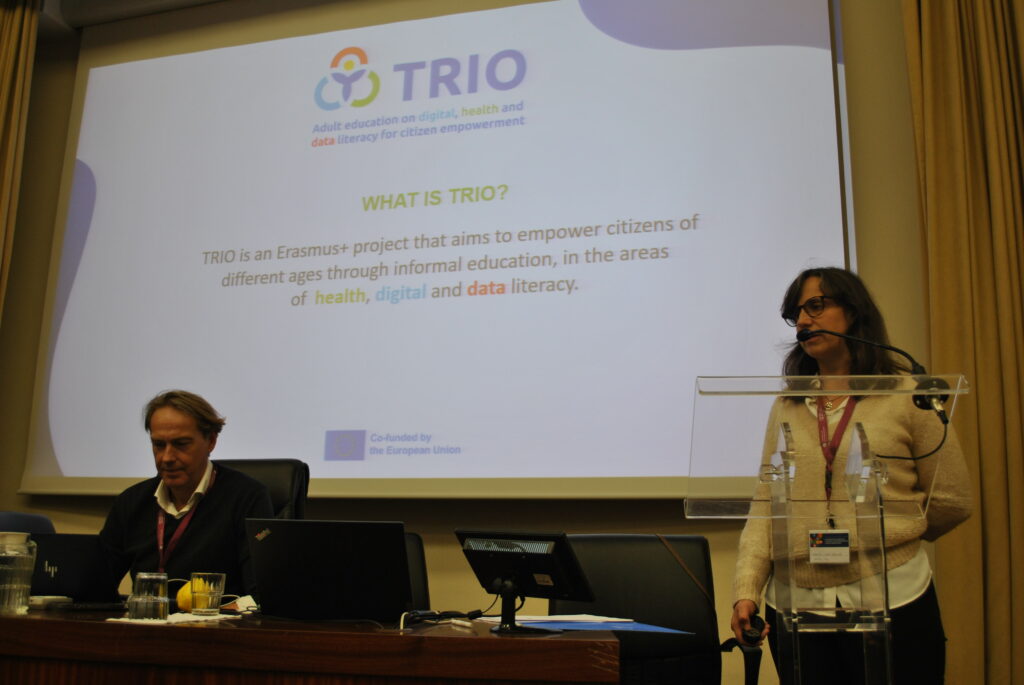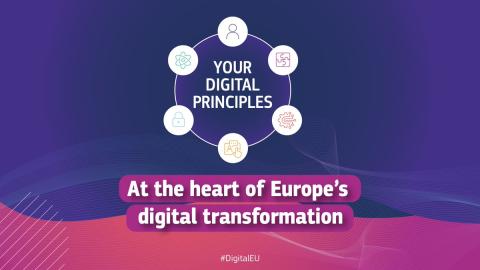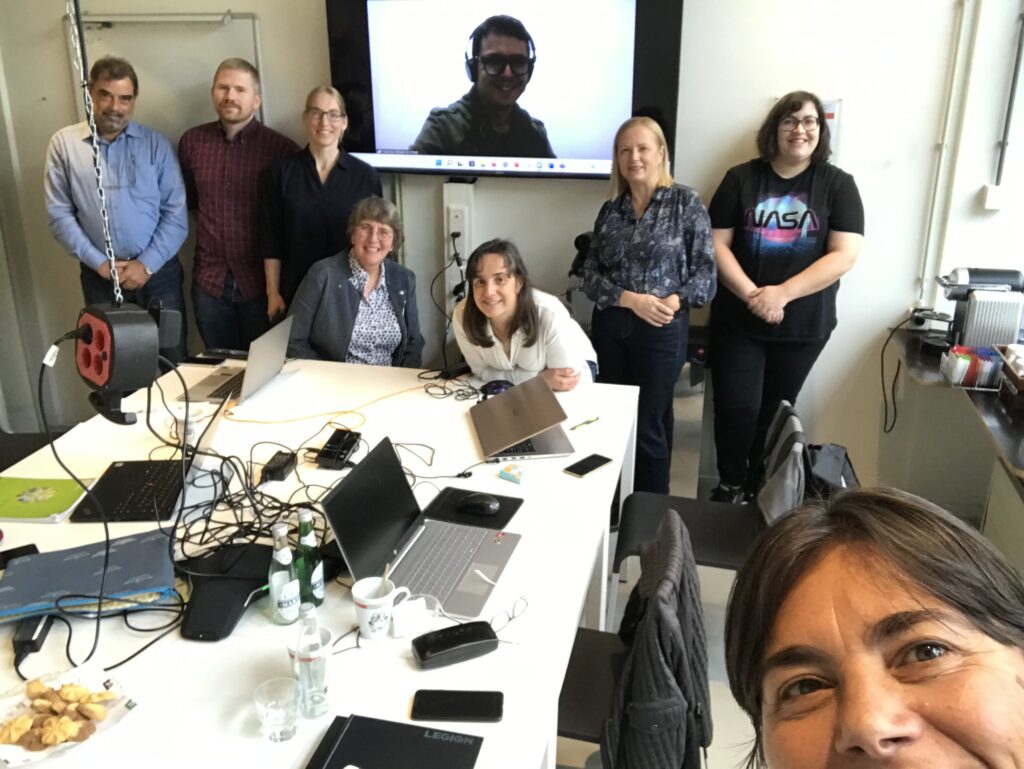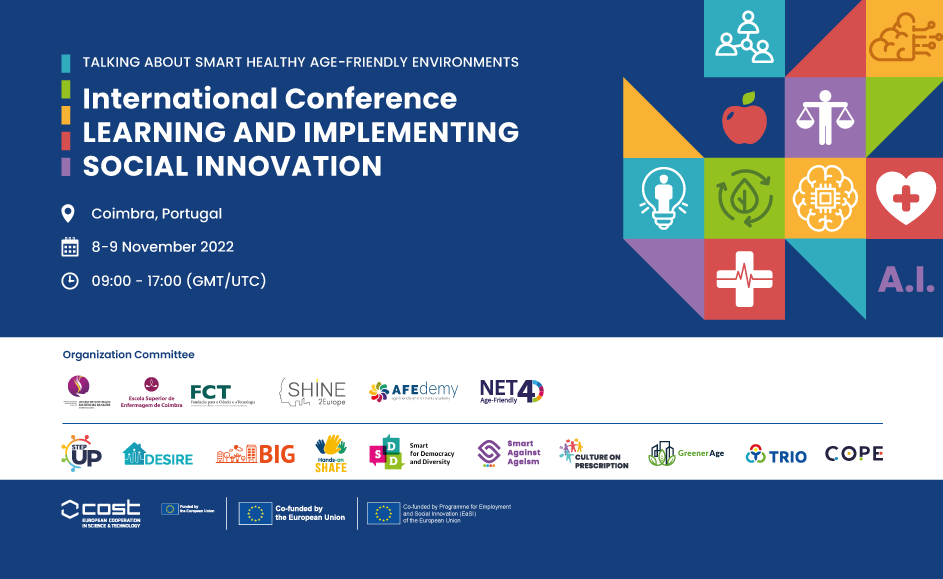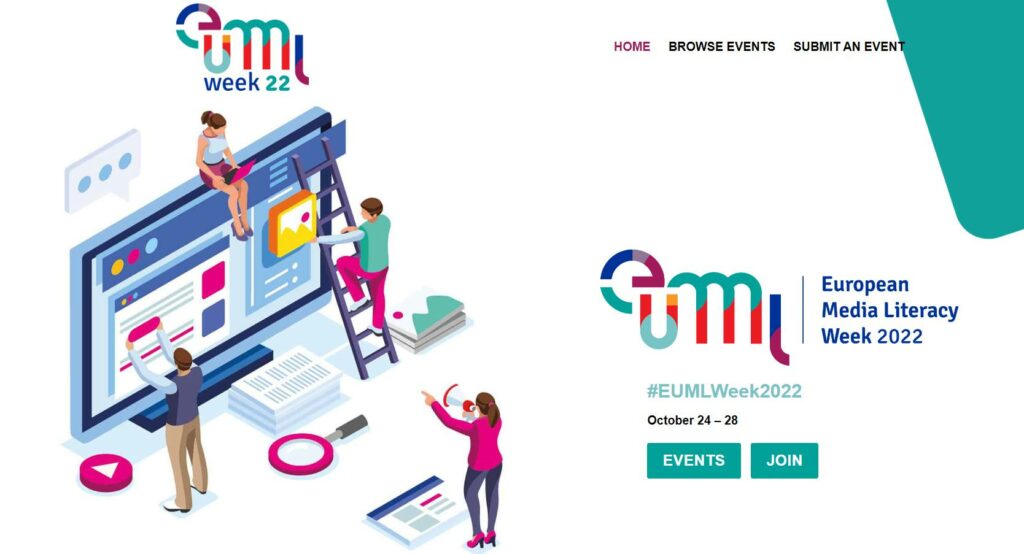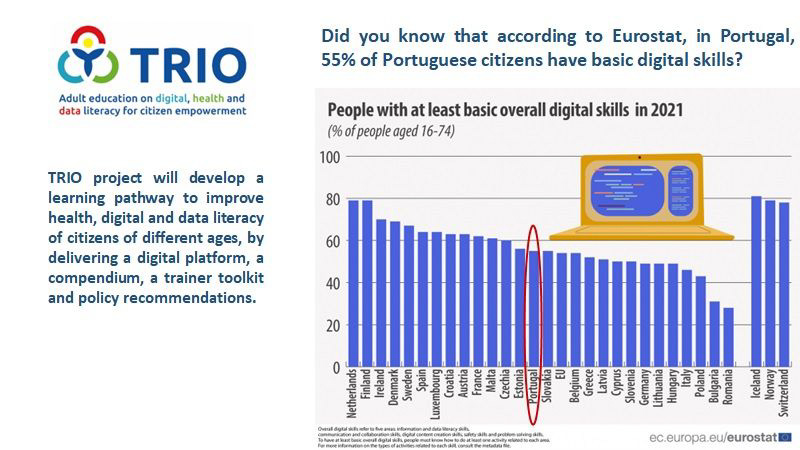TRIO showcased at the International Conference Learning and Implementing Social Innovation
Maria van Zeller, from INESC-TEC presented the TRIO project on November 8th in Coimbra, to illustrate how ICT and health can work together at the International Conference Learning and Implementing Social Innovation – talking about Smart Healthy Age-Friendly Environments. This conference was co-organised by the Nursing School of Coimbra, SHINE 2Europe and AFEdemy, and aimed […]

